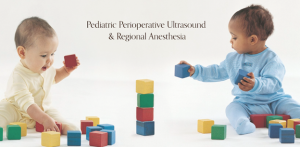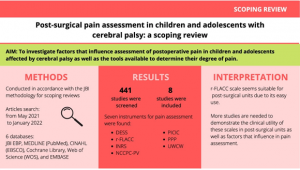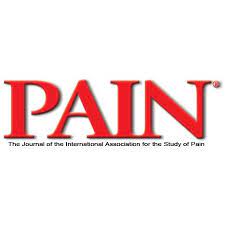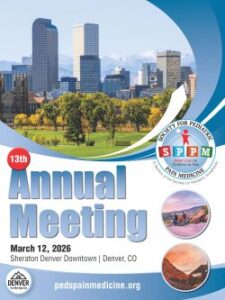 Dr. Vidya Chidambaran and colleagues have written a thought provoking opinion piece in a recent issue of Anesthesia & Analgesia, regarding the use of cryoablation for management of acute perioperative pain in pediatric patients undergoing pectus excavatum repair. Given the lack of data with this widely used technique, are we moving too quickly?
Dr. Vidya Chidambaran and colleagues have written a thought provoking opinion piece in a recent issue of Anesthesia & Analgesia, regarding the use of cryoablation for management of acute perioperative pain in pediatric patients undergoing pectus excavatum repair. Given the lack of data with this widely used technique, are we moving too quickly?
CLICK HERE to read the editorial.




 SPPM 13th Annual Meeting
SPPM 13th Annual Meeting